Chukchansi Gold Casino Hit with Protests Against Disenrollment
Posted on: October 21, 2024, 06:02h.
Last updated on: October 22, 2024, 09:11h.
Visitors to the Chukchansi Gold Resort & Casino, near Fresno, Calif., on Saturday, witnessed around 100 people outside the premises protesting against its owner, the Picayune Rancheria of Chukchansi Indians.
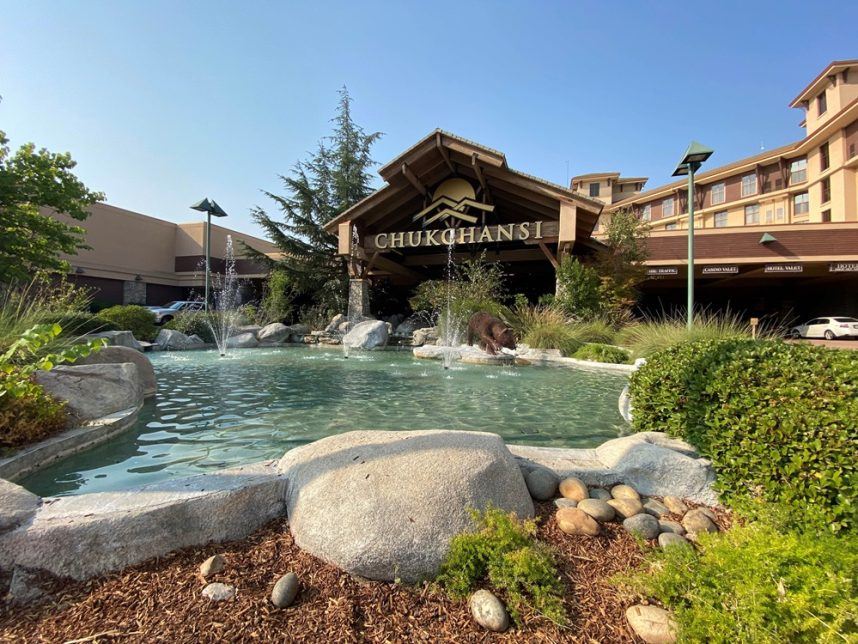
The demonstrators were out in force to oppose the Chukchansi’s practice of disenrollment, YourCentralValley.com reported. They claim the policy is an attack by the tribe on its own people, motivated by greed for casino revenue.
Around 80 of America’s 567 federally recognized tribes are known to have disenrolled members, but the Chukchansi Tribe is one of the worst offenders.
Since the casino opened in 2003, it has excluded more than half of its members, including those with documented ancestry, families descended from tribal founders, and some of the last native speakers of the tribal language.
What is Disenrollment?
The practice strips members and their descendants of their citizenship of a tribal nation, along with the associated benefits, such as housing, healthcare, and their share of casino revenue.
Disenrollment is ostensibly used to correct tribal rolls and preserve the integrity of the tribe, but critics say some tribes wield it as a political or economic weapon.
Protestors who spoke to YourCentralValley.com Saturday claimed that’s the case with the Chukchansi Tribe, which sent notice to 49 members in mid-March to say they would be expelled.
We lost our home because of this,” one man, who preferred to remain anonymous, said. “My kids had to move schools and most importantly my kids are losing their heritage.”
Casino.org reported in 2019 the removal of 60 members from the roll. In many cases, the disenrollments occurred between rival factions jostling for control of the tribal council and its casino wealth.
The casino generates around $43.7 million in revenue each year, according to a 2022 estimate. Since it opened in 2003, the tribe has disenrolled more than half of its members.
“We have provided paper documentation – proving our identity with Chukchansi. Yet they turn a blind eye because they’re trying to increase their per capita payments,” former tribal board member Claudia Gonzales told YourCentralValley.com.
Casino.org approached the tribe for comment but hadn’t heard back at the time of publication.
2014 Armed Takeover
In October 2014, this power struggle spilled into violence when about 20 armed men from a rival faction stormed the casino after a disputed election.
As casino patrons ran for cover, the assailants marched security guards at gunpoint into a secure area of the building where they were handcuffed and reportedly assaulted.
The men claimed they had stormed the casino in search of accounts that were overdue for submission to the National Indian Gaming Commission to avoid receiving a penalty charge for late filing.
A federal judge ordered the casino to close, which it did for over a year, costing the tribe millions.
The leader of the coup, Tex McDonald, was sentenced to 485 days for false imprisonment.
Related News Articles
Caesars Vows to Stay Neutral in California Sports Betting Fight
Red Hawk Casino Opens Family-Friendly Amusement Center, Hotel Next
Station-Managed North Fork Mono Tribal Casino Breaks Ground
Most Popular
IGT Discloses Cybersecurity Incident, Financial Impact Not Clear
This Pizza & Wings Costs $653 at Allegiant VIP Box in Vegas!
Fairfax County Officials Say No NoVA Casino in Affluent Northern Virginia
Atlantic City Casinos Experience Haunting October as Gaming Win Falls 8.5%
Most Commented
-
VEGAS MYTHS RE-BUSTED: Casinos Pump in Extra Oxygen
— November 15, 2024 — 4 Comments -
Chukchansi Gold Casino Hit with Protests Against Disenrollment
— October 21, 2024 — 3 Comments
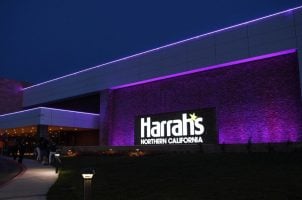


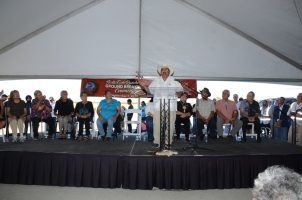









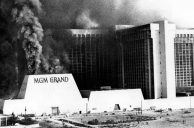
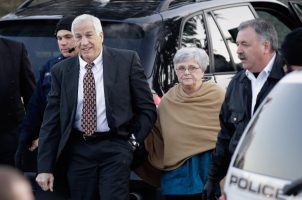

Last Comments ( 3 )
They are pushing the same crap they've tried years a go and failed 3 times in the US District Courts. So they lied to people to get their votes and reassurance of no disenrolling. The council didn't do it themselves but they put the evil ones in our tribe to do the dirty work. They have no shame. They ony see dollar signs in their future. Its not going to end well for either side.
Beverly, historical facts and documents speak for themselves. Whether it is intentional or not, yours is the false narrative.
Knowing the true documentation, the Tillie Hardwick case, and the first BIA visit to the ONE person involved as a plaintiff (Marion Wyatt Ramirez), those being disenrolled are giving a false narrative of the facts. Picayune Rancheria is a band of indians. Not all Chukchansi are Picayune band. As there are many bands of Apache and Lakota, so there are different bands of Chukchansi.